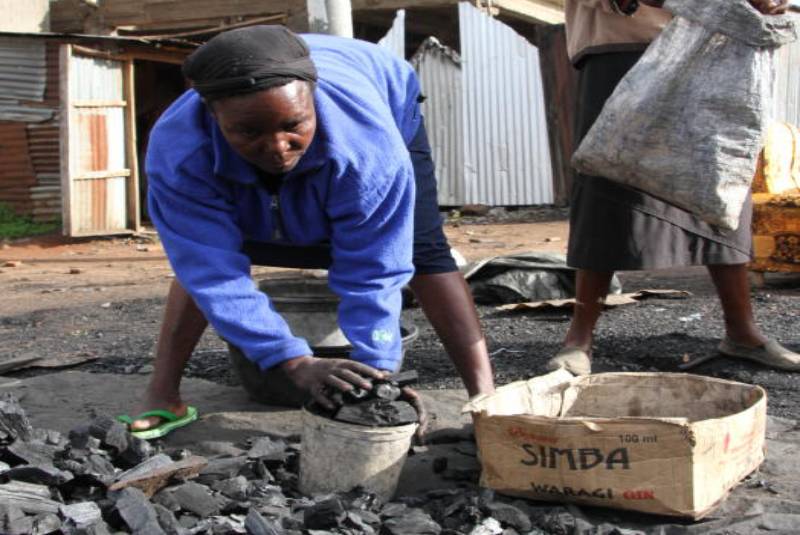×
The Standard e-Paper
Home To Bold Columnists

Charcoal vendor Mrs Jane Akinyi Oyugi at her business place in Migori town on 21st March 2018 as the government ban on the logging in the forests the woman says that it has greatly affected her business. [Photo by Caleb King'wara, Standard]
The cost of energy rose to record highs last year owing to a mix of factors that included a ban on logging and high international oil prices.